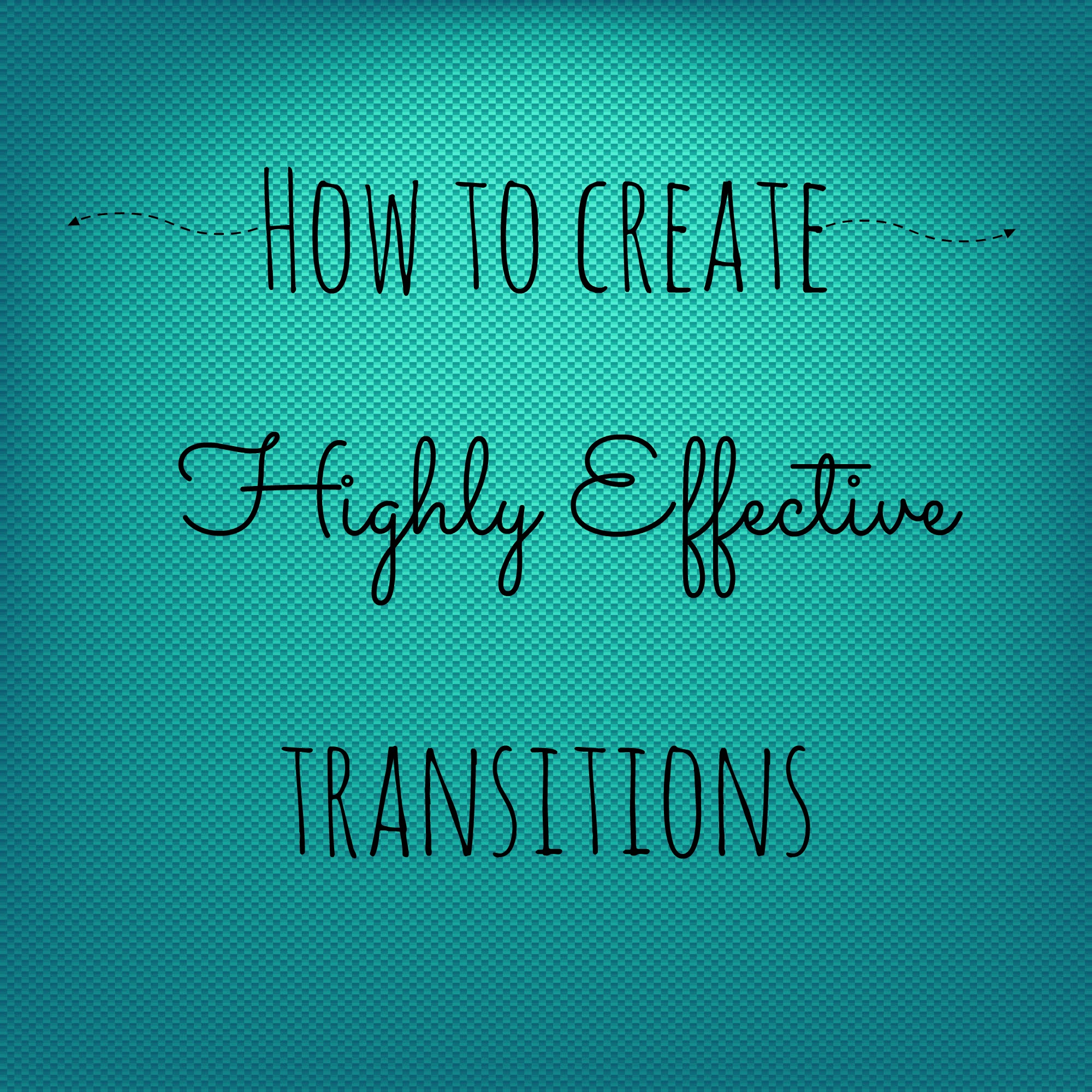Good afternoon, writers!! We're here from lovely West Warwick, Rhode Island with 2 fantastic tips to strengthen your writing today. These teeny-tiny tips are easy to put into action and add a punch to your writing.
Tip #1: Don't write about your writing.
I don't know when this became a fad, but some writers write about their writing instead of just writing it... You've all seen this. Maybe you're even guilty of doing it yourself.
It goes a little like this.
It goes a little like this.
"In this essay, I will talk about why twins are so important to the world."
or
"For my next paragraph, I will say the second reason why twins are important to the world."
Instead of just writing your claim--- Twins are important to the world. The writer chooses to do this, kind of strangish narrator voice-over of their own writing.
The narration might work for documentaries -- the lion will walk over to the pond-- but it doesn't work in writing. We just don't speak like that.
Your reader is smarter than you think.
The narration might work for documentaries -- the lion will walk over to the pond-- but it doesn't work in writing. We just don't speak like that.
Your reader is smarter than you think.
If your writing is clear, your reader will be able to tell what the essay is about. No need to tell them. If you've done your job, the reader will know what the point of your paragraph is.
Anytime you feel the urge to write about your writing, stop, put your Chromebook down, and walk a lap around the room. When you come back, look at the page with fresh eyes and just write your thoughts. Forget the empty phrases. Get down to business.
Usually, all you need to do is to take out the narration. "This essay will be about the differences between Anne and Peter." can be changed to "There are many differences between Anne and Peter." Then go into your explanation. Simple as that most times.
Usually, all you need to do is to take out the narration. "This essay will be about the differences between Anne and Peter." can be changed to "There are many differences between Anne and Peter." Then go into your explanation. Simple as that most times.
Tip #2: Do not write "I know this because..."
As a writer, your job is to state your arguments or tell your story with
authority and strength.
Paying attention to your word choices will help you succeed.
It’s important that your words are varied (different, not repetitive) and sophisticated.
There are so many interesting words and phrases out there that
you could choose instead!
As a writer, your job is to state your arguments or tell your story with
authority and strength.
Paying attention to your word choices will help you succeed.
It’s important that your words are varied (different, not repetitive) and sophisticated.
One bad habit that some writers develop is to explain their evidence basically
the
same way...
over and over.
They say, "I know this because..."
the
same way...
over and over.
They say, "I know this because..."
"Now, wait a minute, Miss Enos! I thought we were supposed to avoid using the
word "I" in our writing!" You might say.
Well, you'd be right.
Not only do you use the word I when explaining your evidence that way, but when you
repeat similar phrases over and over and over our writing gets boring and
lacks sophistication and energy.
repeat similar phrases over and over and over our writing gets boring and
lacks sophistication and energy.
There are so many interesting words and phrases out there that
you could choose instead!
Don’t stick with the same words that you used in your younger days.
Get creative! Think beyond your writing comfort zone.
Click on this document with some sentence starters
and Try some of these instead!
Click on this document with some sentence starters
and Try some of these instead!











